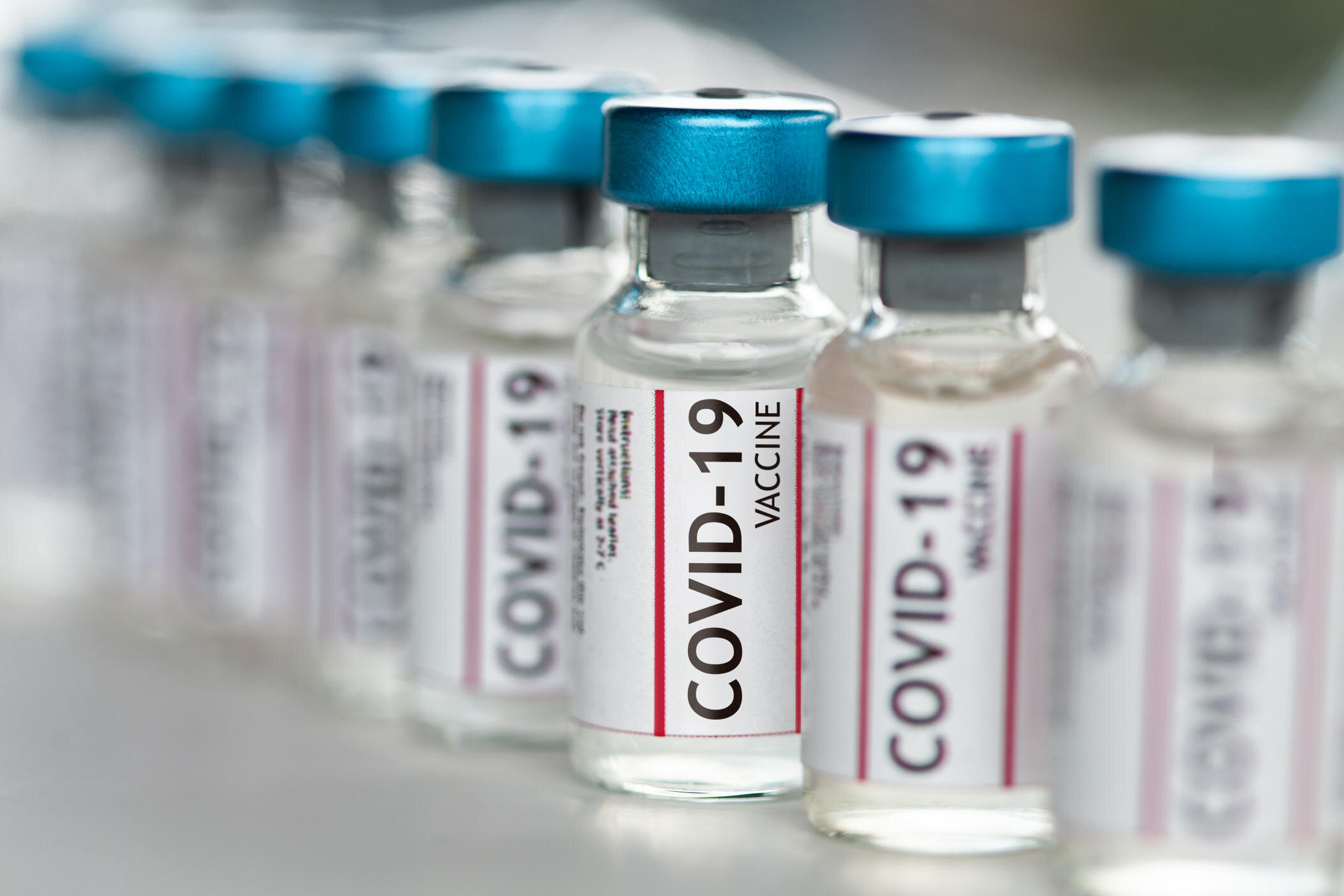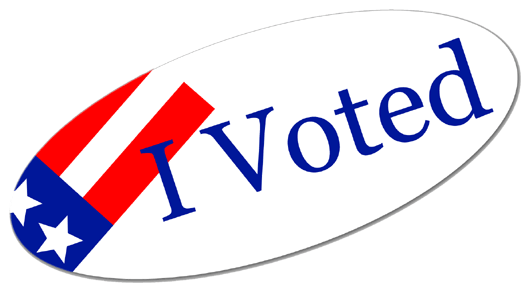Worker Cooperatives, Indigenous Peoples Recognition, and More Berkeley News
2022 State of the City Address Highlights Resilience
Last Thursday, October 13th, I provided the 2022 State of the City Address in person from the newly opened Berkeley Way Hope Center - the largest affordable housing development in the city’s history. Affordable housing construction is accelerating, with over 800 units made possible thanks to Measure O and other housing funds. In addition to the Berkeley Way project, other projects recently completed include Jordan Court at Oxford/Cedar, 21 units opening last month thanks to the Small Sites Program, and permanent supportive housing at the recently purchased Golden Bear Inn. More affordable housing is in our future, with new zoning at Ashby and North Berkeley BART enabling the creation of thousands of units which I am committed to maximizing affordability.
We have also made significant investments in our infrastructure, including towards street repaving, providing $15 million annually to prioritize improvements on bicycle boulevards and high injury corridors. Measure T1 has ended its first phase, with 40 projects completed including the Rose Garden, North Berkeley Senior Center, Live Oak Community Center, and the newly paved University Ave at the Marina. T1 Phase Two is now set to begin, which includes 30 projects to improve our roads, fire stations, parks, and more. Vision 2050 is being implemented, which is a generational plan to upgrade our infrastructure in a green, resilient manner.
We continue to implement a new transformative approach to public safety including launching Community Service Officers to respond to lower level calls, a Specialized Care Unit of trained crisis-response workers to respond to mental health calls, and exploring the creation of a new holistic Department of Community Safety. In 2021, we adopted a new approach to traffic stops to reduce racial disparities and focus police work on solving crime. And we are investing in community safety, youth services, and a Ceasefire Program to address gun violence. This is all being done while fully funding our Police Department. In order to minimize fire danger, we have invested $12 million in programs such as vegetation management and increased inspections.
Berkeley is on the rebound from COVID-19, thanks to having the highest vaccination rates in the country. 95% of residents are fully vaccinated, and 88% have gotten at least one booster. The Berkeley Relief Fund and American Rescue Plan Act have provided financial support for hundreds of businesses, arts organizations, and tenants. Businesses are growing, the tax base is rebounding, thousands of housing units are in the pipeline, and a new hotel with 331 rooms opened in Downtown Berkeley.
Missed the State of the City Address? You can watch a recording of the address here.
Council Recognizes Indigenous Peoples with Land Acknowledgement
Various Indigenous Peoples Tribes populated the East Bay long before the arrival of Europeans. Source: Sogorea Te' Land Trust
30 years ago, Berkeley became the first city in the country to recognize Indigenous People’s Day, a holiday that is now widely recognized and commemorated throughout the country. This year, on the day after Indigenous People’s Day, the City Council unanimously voted to adopt a resolution recognizing Berkeley as the ancestral, unceded home of the Ohlone People. The resolution further requires a land acknowledgement statement to be read at the beginning of Council meetings, which recognizes and honors the original inhabitants of Berkeley.
The Lisjan Ohlone People lived in the territory of Huchiun, which today primarily consists of the East Bay of the San Francisco Bay Area. They lived among this land for thousands of years, creating thriving communities long before European settlers arrived in what is now California. Throughout the mid-19th century, around 80% of indigenous peoples in California were wiped out through enslavement, compulsory assimilation, disease, starvation, and massacre. Despite this genocide, the Lisjan Ohlone community forms a diverse and vibrant constellation of tribes and families that utilizes a wide array of survival strategies to navigate a profoundly altered 21st-century world. The Lisjan continue to revitalize their cultural practices and uphold their responsibilities to protect and care for their ancestral homeland.
Berkeley Leads the Nation on Worker Cooperatives
North Shattuck's Cheese Board Collective is one of Berkeley's oldest and most famous worker cooperatives.
Berkeley is known for advancing innovative policies, and when it comes to business, we are the capital of worker cooperatives. During the the late 1960s/early 1970s, worker cooperatives became a popular option. These businesses, which are owned and run by employees, often provide higher wages, benefits, professional development, job security, and upward mobility for low to moderate income people. Just as importantly, these small businesses provide a diversity of locally owned services that become valuable community assets.
To promote more equitable economic development, in 2015 while a City Councilmember, I authored legislation requiring the City to prioritize worker cooperatives in our contracting process and fund technical assistance to support the formation of new cooperative businesses. We later secured funding in the City Budget for technical assistance for cooperative conversion. As a result, since 2019, Project Equity, has partnered with the City to advance worker cooperatives.
Project Equity has calculated that 1,200 Berkeley businesses are over 20 years old and employ a third of Berkeley’s workforce. Nationwide, half of business owners are looking to transition out in the next 5 years, but 85% have not come up with a succession plan. By promoting the option of an employee ownership succession, we will help ensure that retirement of Baby Boomers, who own nearly half of all businesses in the Bay Area, will be met with a smooth transition while providing new opportunities for their employees.
Since our partnership with Project Equity, the number of worker cooperatives in Berkeley has grown from 12 to 14, the most per capita of any city in the country. We have taken other steps to advance worker cooperatives, including expanding the Buy Local program, Revolving Loan Fund and streamlining Business License Permits for cooperatives. For more information on worker cooperatives in Berkeley, read Berkeleyside’s recent feature on how Berkeley became an epicenter for worker cooperatives.
Small Business Grants, Booster Shots, and other COVID-19 Updates
As of Tuesday, October 18th, there have been 20,622 cases of COVID-19 in Berkeley. These are lab confirmed cases, and do not include unreported cases discovered through home test kits. Over the last 30 days, there were 342 cases, and we are currently averaging 7 daily cases over the last seven days. The case rate, which is based on last week’s numbers, is 9.1 cases per 100,000 residents per day. Test positivity is at 4.4%, which has been declining over the past few weeks. Total hospitalizations, including ICU numbers, are also declining throughout the County. 69 Berkeley residents have died from COVID-19 to date, with 12 deaths recorded so far in 2022, the latest one occurring on August 25. 95% of Berkeley residents are fully vaccinated, with 88% of vaccinated people receiving at least one booster. For more information, visit the City's COVID-19 Dashboard.
With the winter months approaching, experts predict that cases will be back on the rise. Getting the new bivalent booster is an essential tool at reducing cases over the winter, especially as the variants the new booster protects against are the primary variants in circulation. As of mid-October, BA.5 accounts for 71% of cases across the country, with BA.4 and BA.4.6 causing 13% of cases. Anyone aged 12 and over who has not had a COVID-19 vaccine in at least two months qualifies for the new booster. To schedule an appointment, click here.
Businesses that have 25 or fewer employees and were negatively impacted by the pandemic now qualify for the Alameda County Small Business Recovery Grant. $11 million is available from Alameda County’s allocation of the American Rescue Plan Act that is being distributed to small businesses across the County. Eligible applicants can receive up to $5,000 for home-based businesses and $10,000 for brick-and-mortar businesses. Applications are due on October 31st and will be distributed by the end of the year. For more details on the criteria, and to apply, click here.
Take Part in October 20th's Earthquake Drill
As the Bay Area commemorates the 33rd anniversary of the Loma Prieta earthquake this week, millions of people throughout the world will be participating in the International ShakeOut Day. Tomorrow, October 20th at 10:20 am, a five minute drill will take place where people will practice what to do in the event of an earthquake: DROP to the ground; take COVER by getting under a sturdy desk or table; and HOLD ON to it until the shaking stops. For more information on the drill, click here.
Berkeley sits on top of the Hayward Fault, which is regarded as the most dangerous faultline in the Bay Area. Geological records show that on average, a large earthquake strikes the Hayward Fault every 140 years. The last major earthquake took place in 1868, 154 years ago. The USGS says that the probability of a magnitude 6.7 earthquake or larger striking the Bay Area over the next 30 years is 72%. While earthquakes cannot be predicted, we do have an early warning system that alerts people to an earthquake that has begun, which can provide vital seconds to prepare for incoming shaking. To get notified, download the MyShake App to your phone.
Register to Vote + Learn About the Local Ballot
Voting is now underway for the 2022 midterm election, but it’s not too late to register to vote for this election. The deadline to register is October 24th. Those who miss the deadline can still vote through a provisional ballot via Same Day Voter Registration. Ballots went out to every registered voter’s mailbox on October 10th. If you have not yet received a ballot, double check your registration status, and visit Where’s My Ballot to track your ballot.
On the local ballot, there are three ballot measures, in addition to four Council seats (Districts 1, 4, 7, and 8), City Auditor, three School Board seats and five Rent Board Seats. To learn more about what is on the ballot, including candidate statements, campaign finance reports and information on Ranked Choice Voting, click here.





